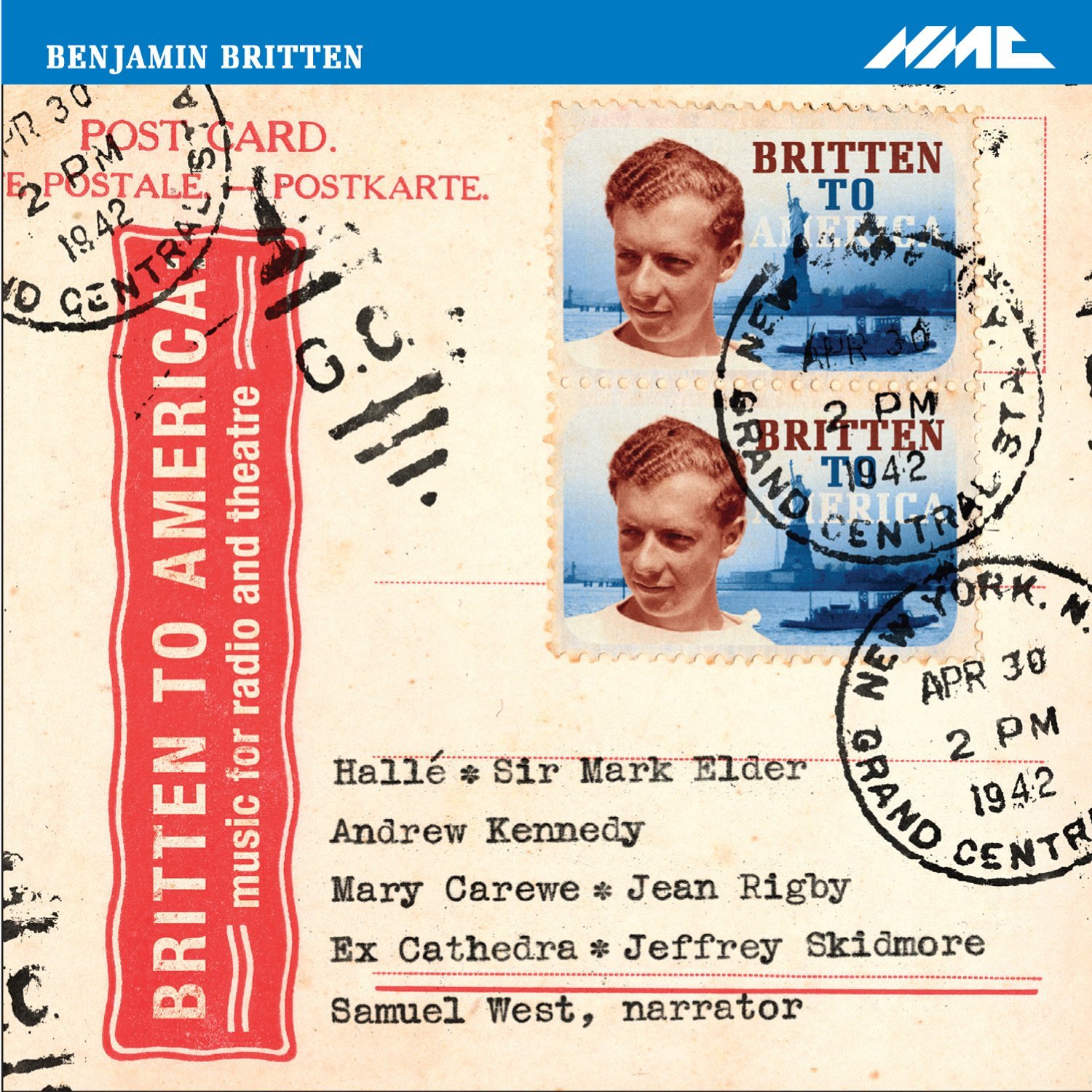Mozart usually makes a fine concert bedfellow for his most devoted admirer among later composers, Richard Strauss. With the proviso that the 39th rather than the 38th Symphony would have made a better prologue to excerpts from Der Rosenkavalier last night – Mozart's later work has a minuet which Strauss imitates in the breakfast badinage of his Marschallin and Octavian, while the “Prague” Symphony has none – Sir Mark Elder made the companionship shine last night.

Next week, the 28-year-old Russian-born violinist Alina Ibragimova will step into a studio, to record some of the most technically unforgiving works in her instrument's repertoire, the solo sonatas by the Belgian violinist, composer and conductor Eugène Ysaÿe (1858-1931). She has just performed them over two evenings at the Royal College of Music.

On the back wall of Birmingham Symphony Hall’s great oval space, two musicians are poised on a glass balcony that gives the illusion of not being there at all. A small square of warm light picks them out, vivid against the hall’s darkness. So framed, Saint-Saëns’ gentle Prière for cello and organ keeps its intimacy even in that large space, the two instruments blending into one equal sound that is clear, golden, and not too sweet.

Under what circumstances can Shostakovich’s Eighth String Quartet, the most (over)played of the 15, sound both as harrowing as it possibly can be and absolutely fresh? Well, the context helps: hearing it at the breaking heart of the fourth concert in the Jerusalem Quartet’s Shostakovich cycle gave it extra resonance with the works on either side of it. But above all this is a team that plays with a degree of nuance, weight, beauty and commitment that I’ve never heard even the composer’s preferred foursome, the Borodin Quartet, surpass either live or in their numerous recordings.

For those of us who’d held fast to the generalisation that Michael Tippett went awry after 1962, it seemed emblematic that pianist Steven Osborne and the Heath Quartet were never to meet in a concert of two halves. After all, didn’t Tippett’s music split and splinter into a thousand, often iridescent atoms after his second opera, King Priam? Its satellite piece, the Second Piano Sonata, seems to sit restlessly, and quite deliberately, on the fault line.

Take a cushion or two among the beautiful young people gathered around the players – no Proms Arena crowd, this - pull up a chair or find your standing place; sit bolt upright, lie back, stretch your legs, tweet during the music if you like (an invitation thankfully declined). CLoSer’s latest concert in the friendly Village Underground is a rather far cry from the 1941 premiere of Messiaen’s Quatuor pour la fin du temps given before 400 of his fellow prisoners and guards, outside in the rain, in Stalag VIII-A, Görlitz (now Zgorzelec in Poland). Not in one crucial respect, though.

Miklós Perényi makes the listener re-think how a cello should sound. Forget the huge tone of the Russians - think Rostropovich or Natalia Gutman, or the attention-grabbing of Americans or even the flamboyance of the French. No floppy hair, no vanity or mannerisms here. Perényi plays with simplicity and accuracy, but with phenomenal craft and musicality. He dosn't force the tone, yet knows exactly how to project right to the back row of the hall. Technique, which is there in abundance, always seems to serve musical ends.

The last time the BBC dramatised the creation of a great musical work, it didn’t quite hit the spot. Eroica starred Ian Hart as Beethoven glowering at the heart of a drama which had rather less of a narrative through-line than the symphony it honoured. For Messiah at the Foundling Hospital, the BBC have gone to the other extreme and kept eggs out of the one basket. There was a bit of drama, a bit of documentary, some costumed musical performance and there were even two presenters to come at the story from opposite angles.

 Britten to America – music for radio and theatre Hallé/Sir Mark Elder, Ex Cathedra/Jeffrey Skidmore Samuel West (narrator) (NMC)
Britten to America – music for radio and theatre Hallé/Sir Mark Elder, Ex Cathedra/Jeffrey Skidmore Samuel West (narrator) (NMC)

Vladimir Jurowski is a master of the through-composed programme. Yet at first this looked like a more standard format: explosive contemporary work (if 1966 can still be called “contemporary”) followed by popular concerto and symphony.

